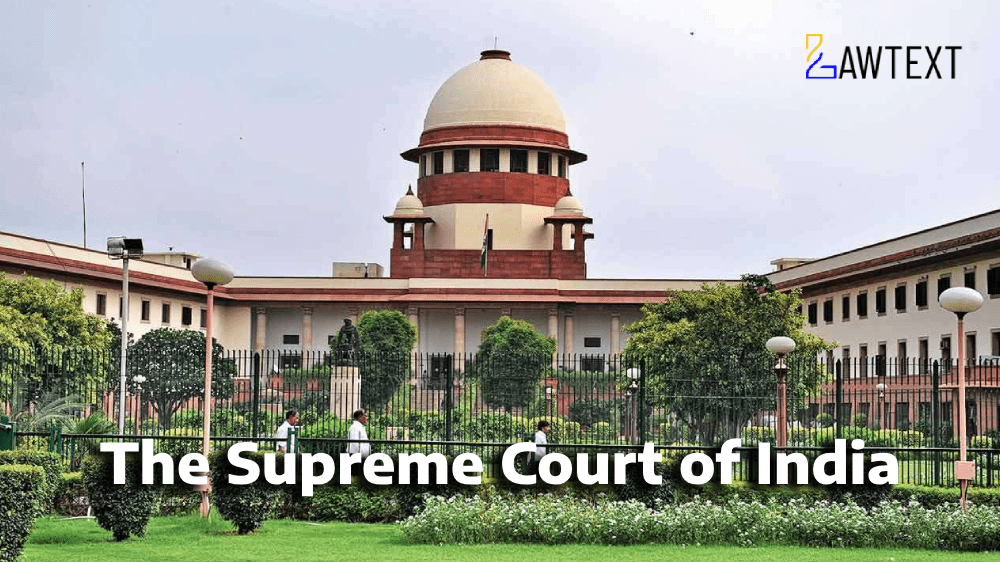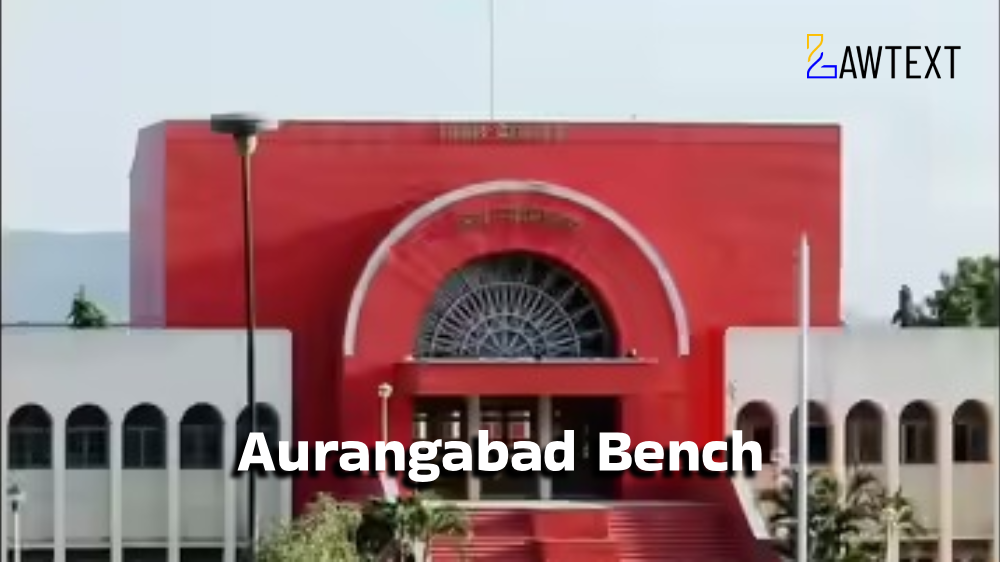Case Note & Summary
The Supreme Court of India, in the case, exercised its extraordinary jurisdiction under Article 32 of the Constitution to transfer the investigation of two FIRs registered against the petitioner, an advocate and BJP worker, from the local police to the Central Bureau of Investigation (CBI). This was deemed necessary to ensure an unbiased investigation amidst allegations of political vendetta and misuse of state machinery.
Background and Parties Involved (Paras 1-7) The petitioner, Kabir Shankar Bose, an advocate and BJP spokesperson, sought the transfer of investigations from local police to the CBI, alleging bias due to political and personal vendetta. FIRs were lodged against him under various sections of the IPC, including serious allegations such as assault and molestation. His marriage with the daughter of respondent No. 7, a sitting TMC MP, ended in divorce in 2018, creating further animosity. Incidents Leading to FIRs (Paras 8-10) On December 6, 2020, an alleged attack by TMC supporters on the petitioner and his CISF security personnel was reported. Subsequently, two FIRs were lodged against him by private complainants, alleging assault and other offenses. Despite the interim order halting the investigation, the petitioner argued the FIRs were politically motivated. Allegations of Misuse of Power (Paras 11-15) The petitioner alleged misuse of state machinery as a "private army" against him, emphasizing threats and harassment from his ex-father-in-law, the sitting MP. The CISF corroborated claims of threats and an unruly crowd led by respondent No. 7 during the incident. Legal Counterarguments (Paras 20-24) The State argued that the FIRs disclosed cognizable offenses, opposing the need for transferring the investigation. Respondent No. 7 contended the petitioner’s allegations were fabricated and politically motivated, emphasizing the availability of alternative remedies. Court’s Observations (Paras 25-36) Acknowledged potential bias due to the political and personal dynamics involved. Highlighted the necessity of a credible investigation to ensure justice. Noted that local police might have conflicting interests, especially concerning the CISF’s involvement. Acts and Sections Discussed: Indian Penal Code (IPC): Sections 341 (Wrongful restraint), 323 (Voluntarily causing hurt), 325 (Grievous hurt), 326 (Voluntarily causing grievous hurt by dangerous weapons), 307 (Attempt to murder), 354 (Outraging modesty of a woman), 504, 506 (Criminal intimidation), 34 (Common intention). Constitution of India: Article 32 (Right to Constitutional Remedies). Ratio Decidendi:Need for an Unbiased Investigation:The Court emphasized that investigation should not only be fair but also appear credible. Given the politically charged environment, transferring the investigation to the CBI was necessary to instill confidence in the process.
Exceptional Use of Power:The decision aligns with precedents allowing courts to transfer investigations to ensure justice, particularly when local agencies might be compromised.
Balancing Fundamental Rights:The Court upheld the petitioner’s right to fair investigation and trial, a cornerstone of Article 21 of the Constitution.
Subjects:Criminal Law, Constitutional Law, Political and Judicial Neutrality.Fair Investigation, Article 32, CBI Transfer, Political Vendetta, Supreme Court Judgment, Matrimonial Dispute, West Bengal Politics.
Issue of Consideration: KABIR SHANKAR BOSE VERSUS STATE OF WEST BENGAL & ORS.
Premium Content
The Issue of Consideration is only available to subscribed members.
Subscribe Now to access critical case issues








